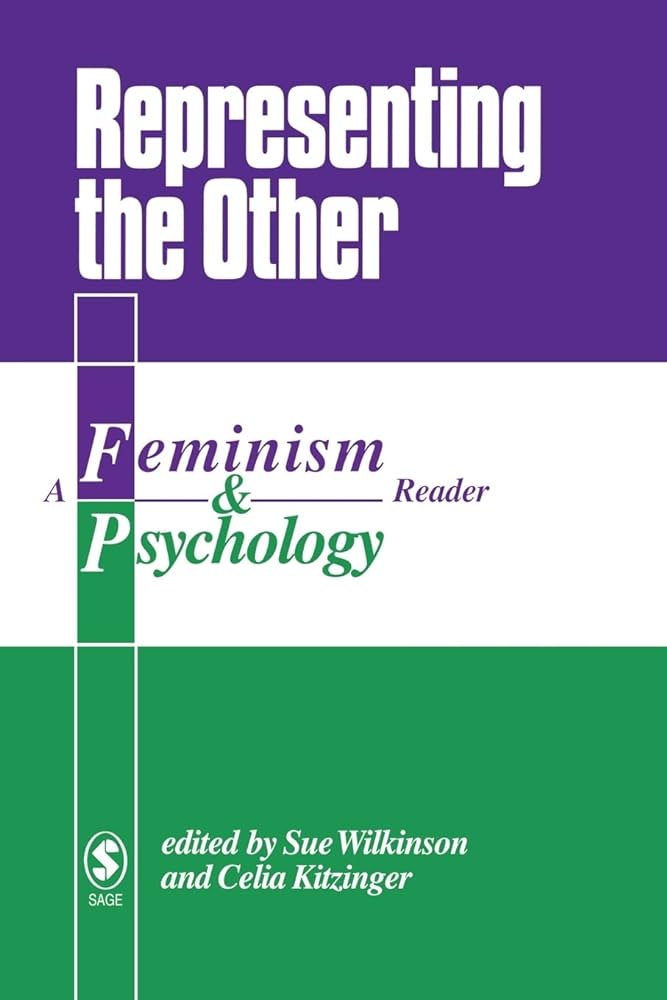Porridge and misogyny: Rationalising inconspicuous misogyny in morning television shows
IF 1.9
3区 心理学
Q2 PSYCHOLOGY, MULTIDISCIPLINARY
引用次数: 0
Abstract
While in the last decade we made strides in the pursuit of gender equality, women's rights, dignity, and safety continue to be under threat around the world. There is a growing body of research documenting contemporary misogyny, mainly focused on extreme manifestations found in online environments. Conversely, we know less about how misogyny features in other spheres of our daily lives. The current study focuses on such an environment, namely segments from the British show This Morning in which guests are invited to take opposing stances on a variety of topics related to women's appearance, behaviour, competencies, and experiences with sexual harassment. Using discursive psychology, we identified two sets of argumentative discursive practices employed by guests who espoused misogynist views. First, when guests were prompted to present their controversial views, they constructed them as reasonable, strategically differentiating them from established misogynist tropes. By contrast, when guests’ views were challenged, they doubled down on their positions by drawing on scientific explanations for human behaviour that ostensibly justified bigoted views. This study sheds light onto the discursive mechanisms through which misogyny escapes eradication, and through which it mutates into subtler forms that are increasingly difficult to identify and denounce.粥和厌女症:为早间电视节目中不显眼的厌女症找借口
虽然在过去十年中,我们在追求性别平等方面取得了长足的进步,但妇女的权利、尊严和安全在世界各地继续受到威胁。越来越多的研究记录了当代的厌女症,主要集中在网络环境中的极端表现。相反,我们对厌女症在我们日常生活的其他领域的表现知之甚少。目前的研究集中在这样一个环境中,即英国节目《今晨》的片段,嘉宾们被邀请就与女性的外表、行为、能力和性骚扰经历有关的各种话题采取相反的立场。使用话语心理学,我们确定了两套辩论话语实践的嘉宾谁支持厌女主义的观点。首先,当客人们被要求表达他们有争议的观点时,他们会把这些观点构建成合理的,并有策略地将它们与已有的厌恶女性的比喻区分开来。相比之下,当客人的观点受到挑战时,他们会通过对人类行为的科学解释来证明自己的观点是正确的,从而使自己的立场加倍坚定。这项研究揭示了厌女症逃脱根除的话语机制,并通过它变异成越来越难以识别和谴责的微妙形式。
本文章由计算机程序翻译,如有差异,请以英文原文为准。
求助全文
约1分钟内获得全文
求助全文
来源期刊

Feminism & Psychology
Multiple-
CiteScore
3.30
自引率
11.10%
发文量
51
期刊介绍:
Feminism & Psychology provides a forum for debate at the interface between feminism and psychology. The journal"s principal aim is to foster the development of feminist theory and practice in – and beyond – psychology. It publishes high-quality original research, theoretical articles, and commentaries. We are interested in pieces that provide insights into the gendered reality of everyday lives, especially in relation to women and girls, as well as pieces that address broader theoretical issues. Feminism & Psychology seeks to publish work from scholars, researchers, activists and practitioners at all stages of their careers who share a feminist analysis of the overlapping domains of gender and psychology.
 求助内容:
求助内容: 应助结果提醒方式:
应助结果提醒方式:


